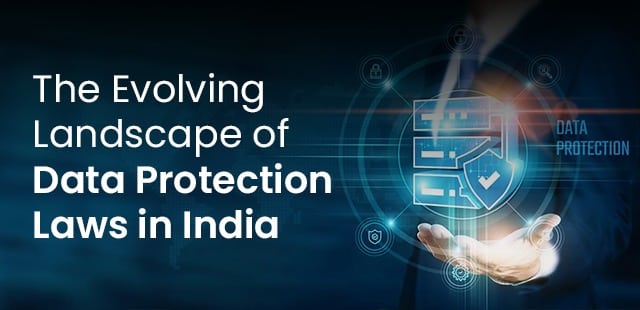
Evolution is primary and the rest follows. Over the years, data has become a valuable asset, driving business operations, consumer interactions, and governmental function. It is the primary source through which companies decide on the target audience and other sale/marketing tactics.Thus, data protection has emerged as a critical concern, necessitating legal frameworks with the increasing reliance on digital platforms that store this data. As a result like all major global countries India has also been trying to navigate on how to regulate and protect data and this has been a journey of adaptation and reform that aims to cultivate a balance between innovation and privacy rights.
The landmark ruling of the Supreme Court in the Union of India(2017) VS the K.S. Puttuswamy which recognised Right to Privacy as a fundamental right under Article 21 of the Indian Constitution paved the way for the need of a robust set of regulations for data protection in the country. The Digital Personal Data Protection Act(DPDP), 2023 aims to establish a strong data protection framework and has been drafted after multiple revisions in the Personal Data Protection Bill(PDPB), 2019. A number of global regulations have also been taken into account before drafting the DPDP, 2023.Some important highlights of the Act are listed under:
- Explicit consent of all individuals should be taken by organisations before processing any data that belongs to them.
- Failure in adhering to data protection laws will lead to imposition of penalties on businesses.
- Entities handling personal data must implement stringent security measures to ensure compliance with regulatory norms.
- A comprehensive set of guidelines is also listed in the Act on the transfer of personal data outside national boundaries.
- Accessing and erasing personal data is a right that all individuals must have.
Businesses operating in sectors like e-commerce, fintech, and healthcare, must re-evaluate their data processing mechanisms to ensure that they comply with the updated regulations. Compliance with the new regulations is crucial for them in order to avoid legal repercussions while also maintaining consumer trust. Additionally, organisations will have to invest in cybersecurity measures, conduct regular data audits, and ensure data minimization practices. On the other hand for individuals, the new law enhances digital data protection rights as well as ensures greater control over personal data. In case of privacy violations, affected individuals can seek recourse through online legal consultation.
As we move ahead towards a rapidly growing digitised world, the landscape of data protection laws shows the country’s commitment to creating a secure digital ecosystem with well-positioned legal frameworks, that navigates through the complexities of data privacy while allowing technological advancements and growth. It is speculated that the government may introduce additional amendments and guidelines to further refine data privacy regulations. Therefore, seeking expert legal advice is of vital importance for businesses in order to avoid risks. Whether it’s understanding the legalities of the DPDP Act, 2023 or addressing a specific data protection concern, consulting with the best lawyer in Gurgaon can provide clarity and safeguard interests.

